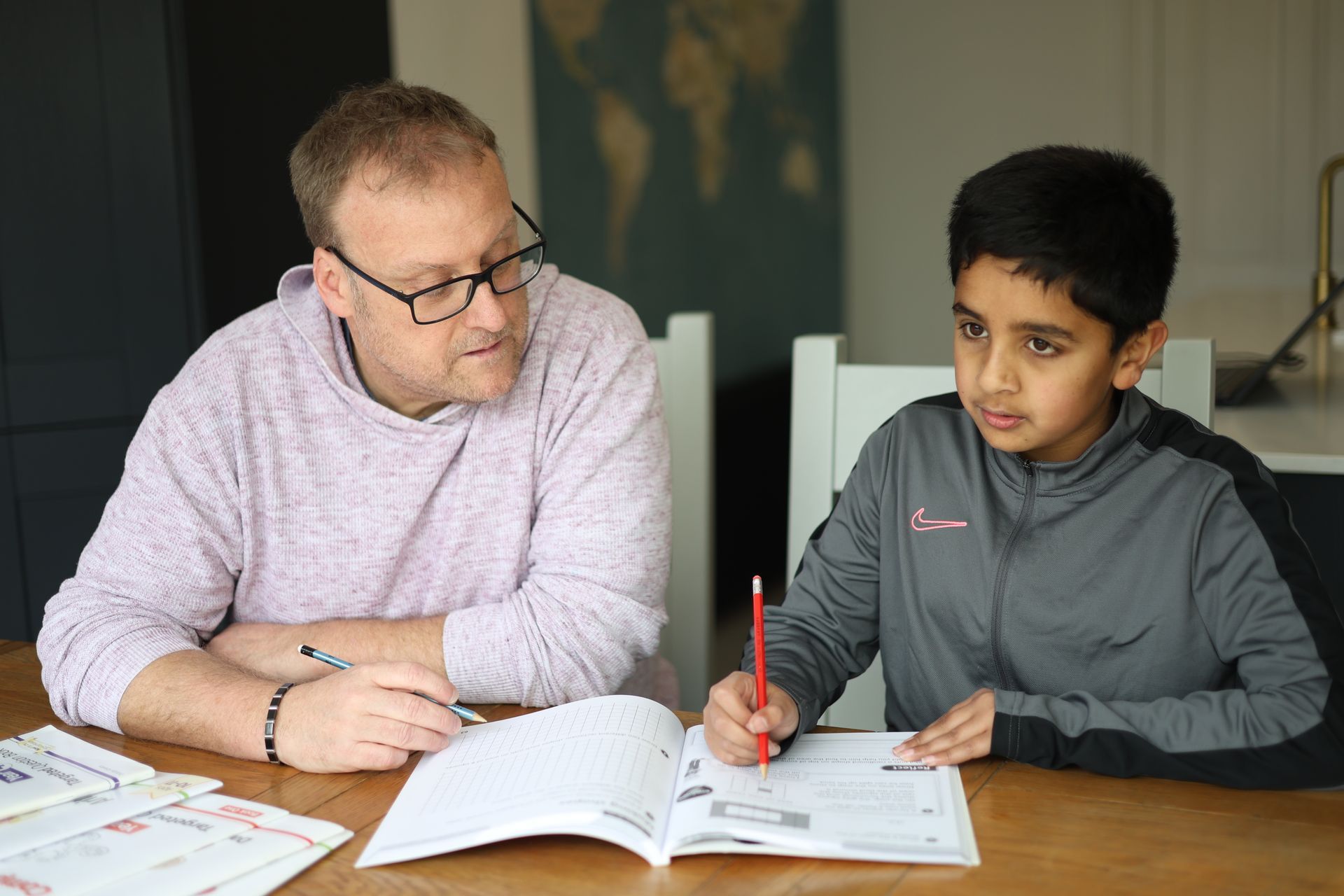The Power of Revision: Techniques That Really Work
When it comes to preparing for exams, revision isn’t just important — it’s essential. But not all revision is created equal. Spending hours staring at your notes isn’t the best way to get ready for GCSEs, A-levels, or any important exam. Instead, smart, active revision techniques can make a huge difference to your confidence, understanding, and final results.
Here’s how you can make your revision powerful and effective — and how parents can help too!
Why Revision Matters
Revision isn’t just about memorising facts. It’s about understanding topics deeply, spotting patterns, making connections, and building the confidence to tackle any question in the exam room. Good revision strengthens your memory and reduces stress when exam day arrives.
Techniques That Really Work
1. Active Recall
Instead of reading notes over and over, test yourself regularly. Cover up the information and try to remember it.
- Use flashcards (apps like Quizlet are brilliant).
- Create mini quizzes for yourself.
- Teach someone else what you’ve learned — if you can explain it clearly, you know it well!
2. Spaced Repetition
Don’t cram! Your brain remembers information better when you review it at spaced-out intervals.
- Plan your revision timetable with regular review sessions for each topic.
- Go over subjects multiple times over weeks, not all at once.
3. Practice Papers
There’s no better way to prepare than practising real exam questions.
- Time yourself to get used to working under pressure.
- Mark your answers honestly and review any mistakes carefully.
4. Mind Mapping
Mind maps are great for visual learners.
- Draw diagrams linking ideas together.
- Use colours and images to make the information more memorable.
5. Break It Down
Large topics can feel overwhelming.
- Break subjects into small, manageable chunks.
- Set goals like "Revise Photosynthesis" instead of "Revise Biology."
6. Active Environments
Your study space matters!
- Find a quiet, tidy area with no distractions.
- Switch off your phone (or use apps like Forest to help you stay focused).
How Parents Can Support Revision
Parents can play a big role without taking over. Here's how:
- Help build a realistic revision timetable and encourage short breaks.
- Be encouraging, not pushy — praise effort, not just results.
- Provide (healthy) snacks, quiet spaces, and emotional support.
- Be patient — stress can make teens a bit more irritable!
Final Thoughts
Revision isn’t about working harder — it’s about working smarter. By using active techniques, building good habits, and getting the right support, students can boost their confidence and feel properly prepared when exams arrive.
Remember: every little bit of consistent, focused revision builds up to big success.
Good luck — you’ve got this!










